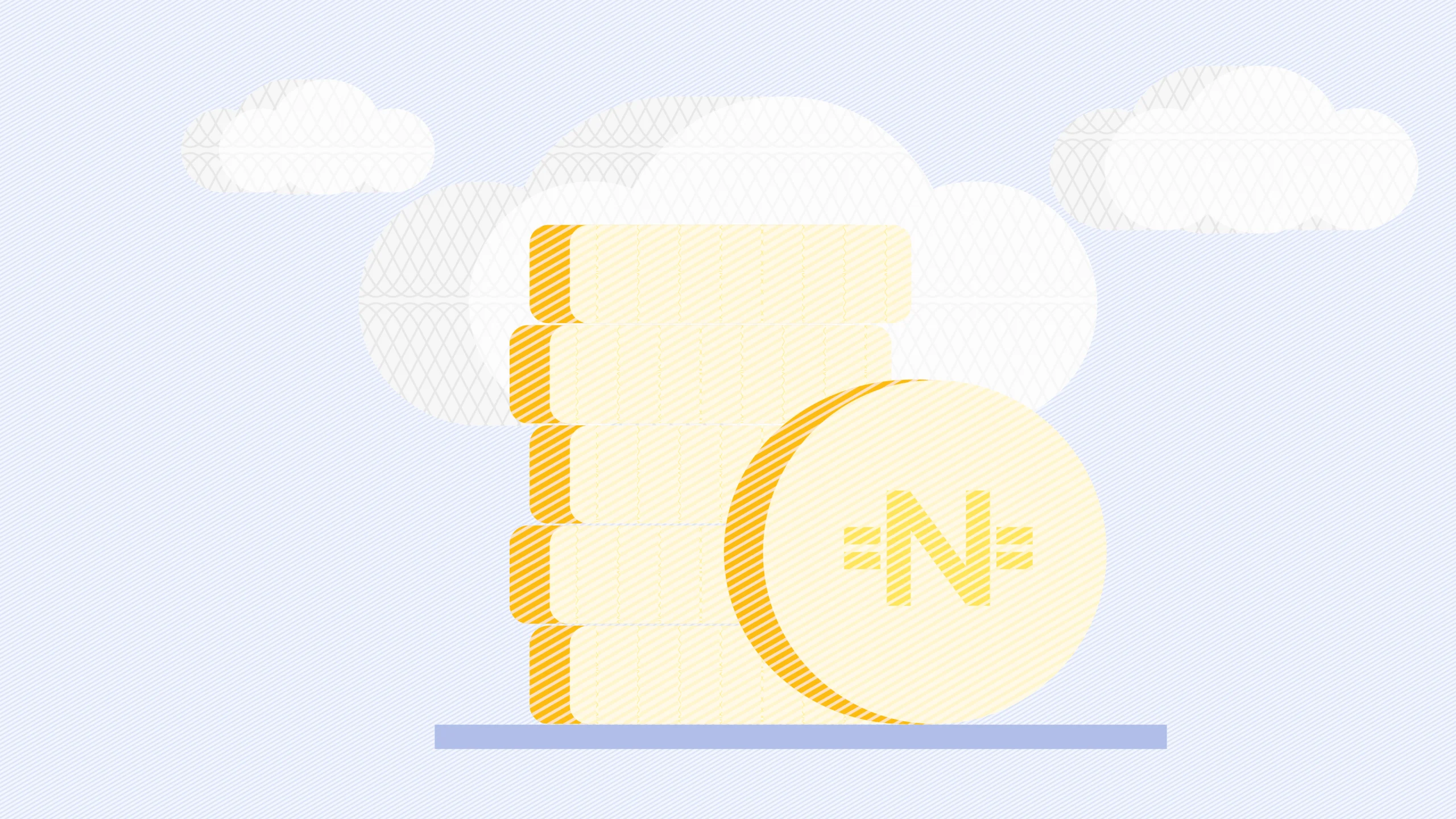
Money has several key characteristics that make it effective as a medium of exchange and store of value. These characteristics are necessary for financial and economic systems to run smoothly.
Here are the primary characteristics of money:
- Portability: This signifies the ease with which money can be transported. Physical currencies should be convenient to carry, while digital forms of money, such as electronic transfers and mobile payments, exemplify the heightened portability that characterizes modern financial systems.
- Divisibility: Money is said to be divisible if it can be split up into smaller amounts without losing value. This characteristic ensures that money can adapt to various transaction sizes. For example, a currency must be simple to divide for both small-scale transactions like buying coffee and larger ones like buying real estate.
- Uniformity: In terms of quality and worth, every unit of currency should be the same no matter where or when it was produced. This consistency helps to avoid misunderstandings and disagreements during transactions.
- Acceptability: The more widely accepted money is, the more useful it is for enabling transactions. Legal tender rules frequently play a role in the general acceptance of a particular currency within a given jurisdiction.
- Recognizability: Each piece of money must be recognizable to be easily distinguished from counterfeits. Money is made more recognizable by security measures, unique designs, and symbols.
- Durability: Physical forms of money, such as coins and banknotes, need to be resilient to ensure that they remain in circulation and retain their functionality. Durable money reduces the frequency of replacements and maintains its integrity, contributing to the stability of the monetary system.
- Store of Value: The degree to which money’s purchasing power is steady throughout time is reflected in its stability of value. Although some inflation is normal, too much volatility might damage people’s trust in the currency. Monetary policies are used by central banks to control inflation and maintain the value of money.
